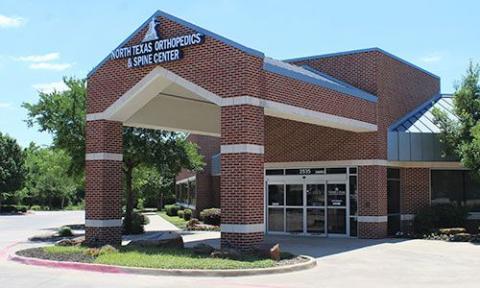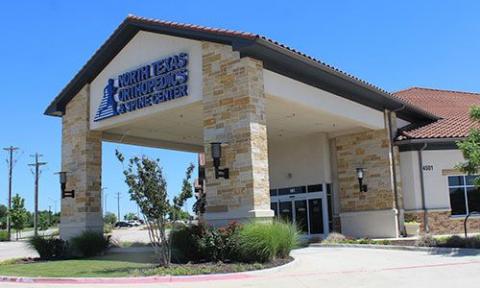Understanding Medial Collateral Ligament (MCL) Injury: Causes, Symptoms, and Recovery
The medial collateral ligament (MCL) is a crucial stabilizer of the knee joint, connecting the thigh bone (femur) to the shin bone (tibia). Positioned on the inner side of the knee, the MCL plays an essential role in preventing the knee from bending inward. Unfortunately, injuries to the MCL are common, particularly among athletes and active individuals. This blog post will explore the causes, symptoms, diagnosis, treatment options, and recovery process for MCL injuries.
What Causes a Medial Collateral Ligament MCL Injury?
MCL injuries often result from direct trauma to the outer side of the knee, which forces the knee inward. Common scenarios include:
- Sports injuries: Contact sports like football, rugby, and soccer frequently involve collisions that place stress on the MCL.
- Sudden twisting motions: Activities requiring quick direction changes, such as basketball or skiing, can lead to overstretching or tearing of the MCL.
- Falls or accidents: A hard fall onto the side of the knee can damage the MCL.
Types of MCL Injuries
MCL injuries are categorized by their severity:
- Grade 1 (Mild): The ligament is stretched but not torn, causing mild pain and minimal instability.
- Grade 2 (Moderate): The ligament is partially torn, leading to noticeable pain and some instability.
- Grade 3 (Severe): The ligament is completely torn, causing significant pain, swelling, and joint instability.
Symptoms of an Medial Collateral Ligament MCL
Recognizing the symptoms of an MCL injury is key to seeking prompt treatment. Common signs include:
- Pain on the inner side of the knee
- Swelling and tenderness around the ligament
- Stiffness and reduced range of motion
- A feeling of instability or the knee “giving out”
- Bruising along the inner knee
Diagnosing an Medial Collateral Ligament MCL Injury
A healthcare provider can diagnose an MCL injury through:
- Physical examination: Evaluating the knee’s stability and range of motion.
- Imaging tests: X-rays can rule out fractures, while an MRI provides a detailed view of the ligament and surrounding tissues to confirm the severity of the injury.
Treatment Options
Treatment for an MCL injury depends on its severity:
Non-Surgical Treatment
- Rest and immobilization: Avoid activities that stress the knee. A brace or crutches may be used to limit movement.
- Ice and compression: Applying ice and using a compression bandage can reduce swelling.
- Physical therapy: A customized exercise program can help strengthen the muscles around the knee and restore range of motion.
- Medications: Over-the-counter pain relievers, such as ibuprofen, can help manage pain and inflammation.
Surgical Treatment
Surgery is rarely required for isolated MCL injuries but may be necessary if the MCL injury occurs alongside other knee ligament damage, such as an ACL tear. Surgical options typically involve repairing or reconstructing the damaged ligament.
Recovery and Rehabilitation
The recovery timeline for an MCL injury varies depending on its severity:
- Grade 1: Typically heals within 1-2 weeks with conservative treatment.
- Grade 2: May take 4-6 weeks for full recovery.
- Grade 3: Recovery can take 3 months or longer, especially if surgery is involved.
Physical therapy plays a vital role in the rehabilitation process, focusing on restoring knee strength, flexibility, and stability. Athletes should work closely with their therapists and follow a gradual return-to-sport plan to avoid re-injury.
Preventing MCL Injuries
While not all MCL injuries are avoidable, taking the following precautions can reduce your risk:
- Wear appropriate footwear for your activity.
- Use proper techniques during sports and exercise.
- Strengthen the muscles around your knee through regular training.
- Incorporate stretching and warm-up routines to improve flexibility.
Conclusion
MCL injuries, though common, are highly treatable with the right approach. Early diagnosis, effective treatment, and diligent rehabilitation can ensure a successful recovery, allowing you to return to your favorite activities. If you suspect an MCL injury, consult a healthcare professional promptly to receive a tailored treatment plan.
For more information about knee injuries and their management, explore our additional resources or schedule an appointment with a specialist today.



